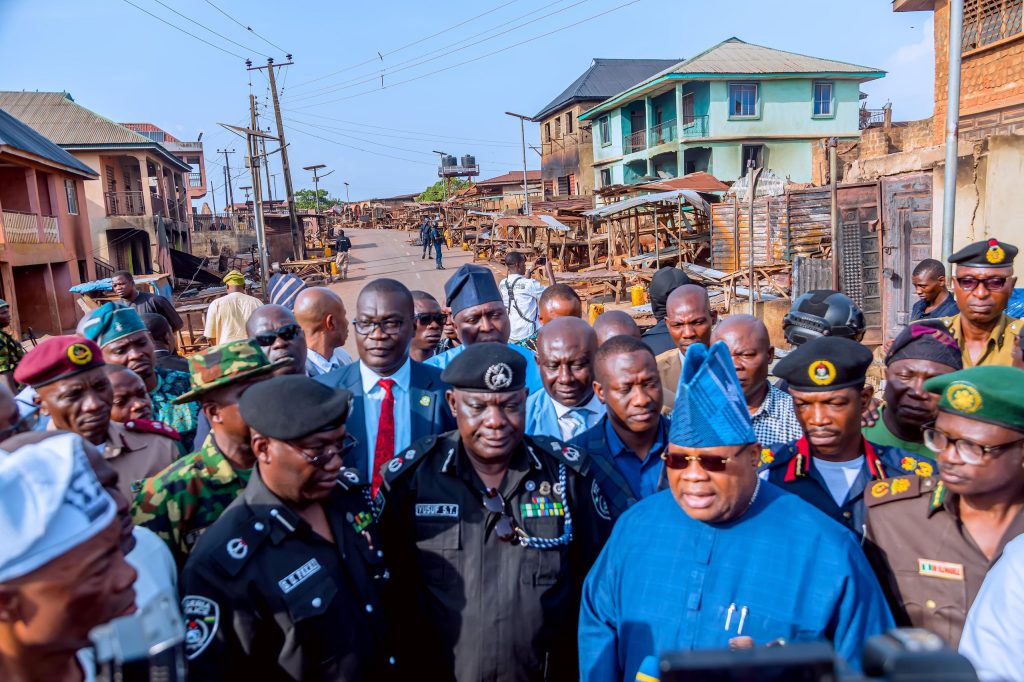In a strong critique of Nigeria’s persistent security challenges, security consultant Onyekachi Adekoya has criticised state governors for what he describes as a failure to fully assume their responsibilities as chief security officers of their respective states.
His remarks come in the wake of recent deadly violence in some states, with fears that such events will continue without decisive and coordinated leadership at the state level.
Adekoya challenged this narrative of some governors who claim to have limited power over federal security agencies, insisting they have more authority than they often admit.
“They will make the argument that they don’t have control. No, they have command,” he explained.
“Every state governor sits at the top of the State Security Council. He has command of all the armed forces within the state. What he does not have is control—for good reason, lest you have a state now have control of its own army and which could lead to an insurgency against the government.”
He stressed that governors still wield significant influence and resources that could be deployed to improve local security and cannot continue to “hide behind excuses.”

He drew a sharp contrast between political mobilisation during elections and the lack of similar urgency in addressing security.
“The politicians can mobilise every ward, every polling unit to win an election. They cannot mobilise to ensure security,” he said. “Look at the analogy—when it comes to an election period, everybody’s mobilised. What does it take to conscientise the people? To form them into groups? For the governor to sit at the top of that structure? To resource them?”
Adekoya stressed that logistics, not just firepower, remains a critical gap in Nigeria’s security framework and advocated for better integration and support for local defence groups like Hunters, Vigilantes, and the Civilian Joint Task Force (CJTF), noting that in some northern states, CJTF members are paid N20,000 monthly while others receive nothing.
As insecurity continues to challenge both urban and rural communities, Adekoya’s message is clear: Nigeria’s governors must stop deflecting blame and start acting decisively to protect their citizens.


 Trending
Trending 